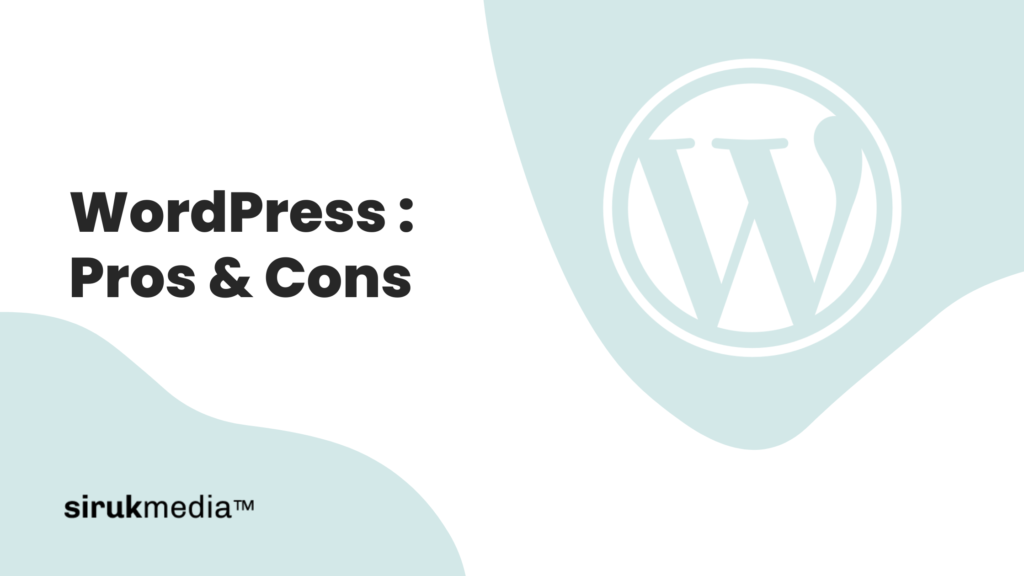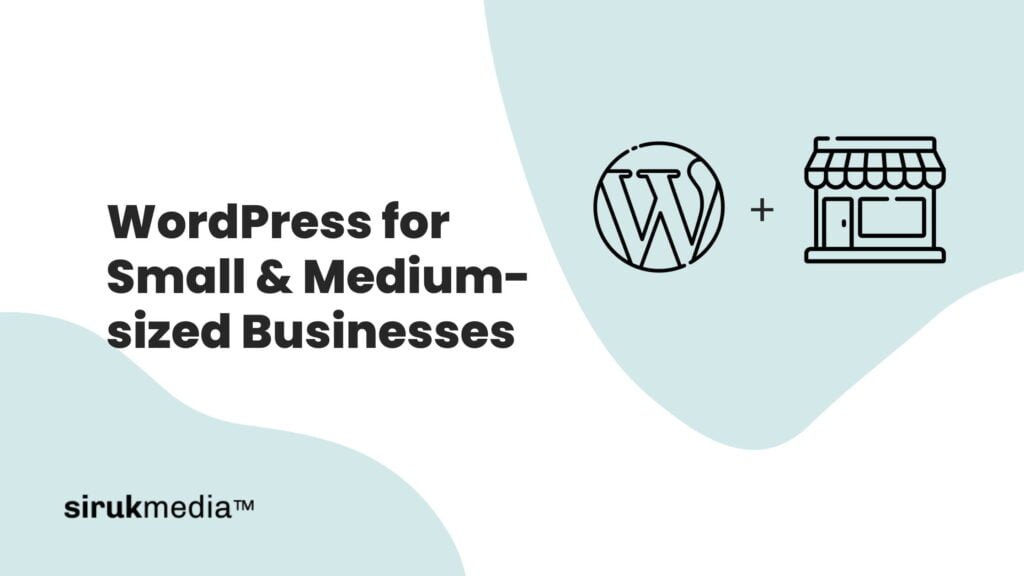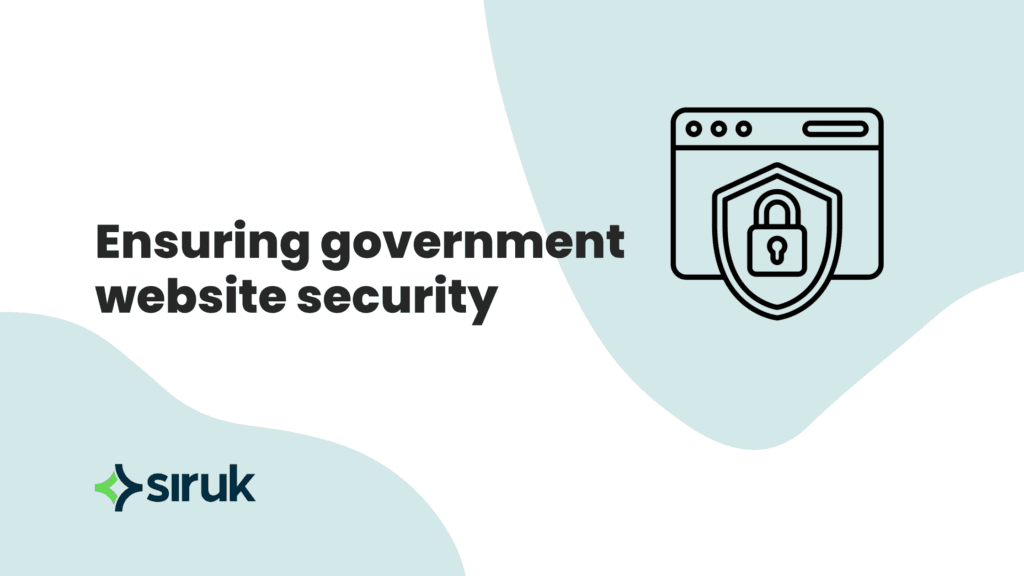Introduction
WordPress makes it easy to create a secure website, but it doesn’t mean that you can just leave everything up to the software and not worry about what else is going on around you. You need to make sure that your hosting provider has good security practices in place and that they update their servers regularly so they aren’t vulnerable to attack.
Is WordPress secure? Yes and no.
WordPress is a very secure platform. The reason for this is that the code is open source and free, which means it’s easy to hack.
It has been the target of many attacks over the years, but as long as you’re using an up-to-date version of WordPress with all security patches installed and a strong password on your account, you’ll be fine.
How secure is WordPress?
You may be wondering how secure WordPress is. The answer is that it’s very, very secure!
- There are hundreds of thousands of developers who work on the code—and they’re constantly updating and patching it as vulnerabilities are discovered.
- WordPress has one of the largest user communities in the world: over 60 million people use it every month worldwide! That means there will always be people willing to help with security issues if you report them, which helps ensure that your site remains secure even if someone finds an exploitable vulnerability (like SQL Injection).
- While open-source software can make things more difficult for us to keep track of what’s happening with our websites, this also allows us all access into how our systems work so we can catch problems before they become serious issues for users or businesses alike; this means less downtime when patches need applied quickly due to bugs being discovered within their codebase during development cycles (which makes life easier for everyone involved).
The truth is that all websites need regular updates, maintenance, and cybersecurity protection.
- Keep your website up to date with security patches.
- Keep your hosting provider up to date with security patches.
- Patch your server-level software like PHP and cPanel (if you don’t know how to do it yourself). You can also use a plugin for WordPress that detects vulnerabilities in plugins for the first time they’re installed—no more downloading them again! They’ll notify users when there’s been an update available so they don’t need to wait until something breaks before getting notified about it.”
It’s also true that some platforms are harder to hack than others.
It’s also true that some platforms are harder to hack than others. WordPress, for example, has a reputation as being one of the most secure options available when it comes to content management systems (CMS). It’s easy to see why: There are no server-side applications or databases required by default like with other platforms—and because there aren’t any third-party apps on your site, there is less potential for vulnerabilities in the code itself.
But if you want more control over what goes into your site and how it looks and functions, other CMS options may be better suited for your needs.
For example, platforms like Wix, Weebly, and Squarespace have an easier time with built-in security because they keep things more streamlined for their users who don’t want to deal with the upkeep of their sites.
WordPress is a lot more complicated than these other platforms, so it takes more time and effort for you to keep your website secure. That\’s why we recommend using plugins like Wordfence or Sucuri every few months in order to make sure that your site is as secure as possible against malware attacks!
So does this mean you should look at a different platform if you want a secure website? Not necessarily. But you do have to understand that the more control you have over your website, the more responsibility you have to make sure it stays up to date and is not vulnerable to attack. This includes using only secure hosting and plugins.
It’s not exactly like you can do anything about any of that now, but you should still be aware. So does this mean you should look at a different platform if you want a secure website? Not necessarily. But you do have to understand that the more control you have over your website, the more responsibility you have to make sure it stays up to date and is not vulnerable to attack. This includes using only secure hosting and plugins.
What does WordPress security include?
WordPress itself is very secure with diligent management of vulnerabilities as they arise through patches or releases. The most recent version, WordPress 4.7, has over 6,000 active plugins and 1,600 themes available for download from the official site.
The good news is that there are many solutions available to help you keep your site safe from hackers and malware infections.
When we talk about the security of a website, we’re talking about the hardware, software and people that create and maintain it. WordPress itself is very secure with diligent management of vulnerabilities as they arise through patches or releases. But there are other aspects of security that need attention including your hosting provider, server-level software like PHP and cPanel, plugins used on your site as well as general internal security procedures (which could include your own devices). All of these elements need to be well-maintained to keep hackers out of your site.
The most important thing you can do for yourself when it comes to keeping yourself safe online is making sure that nothing on your computer has been infected by malware or viruses which can steal information from other users who come across their way onto yours instead! This means being vigilant about updating any programs running on any device(s) connected via Wi-Fi networks every few months so that if something does manage to get through then at least there won’t be many problems caused next time around either!
Conclusion
All in all, WordPress is a very secure platform. It has many features that make it harder to hack than other platforms but it’s not impossible. There are things you can do to keep your site safe from hackers including finding a reliable hosting provider who uses built-in security tools like SSL certificate encryption for their customers as well as having backups on hand for when things go wrong (which they will). But remember that there’s no such thing as 100% security because we live in an era where people use technology more than ever before (and not always ethically). So if you want something more than just an average website then consider building one yourself using the help of some experts who know what they’re doing!



